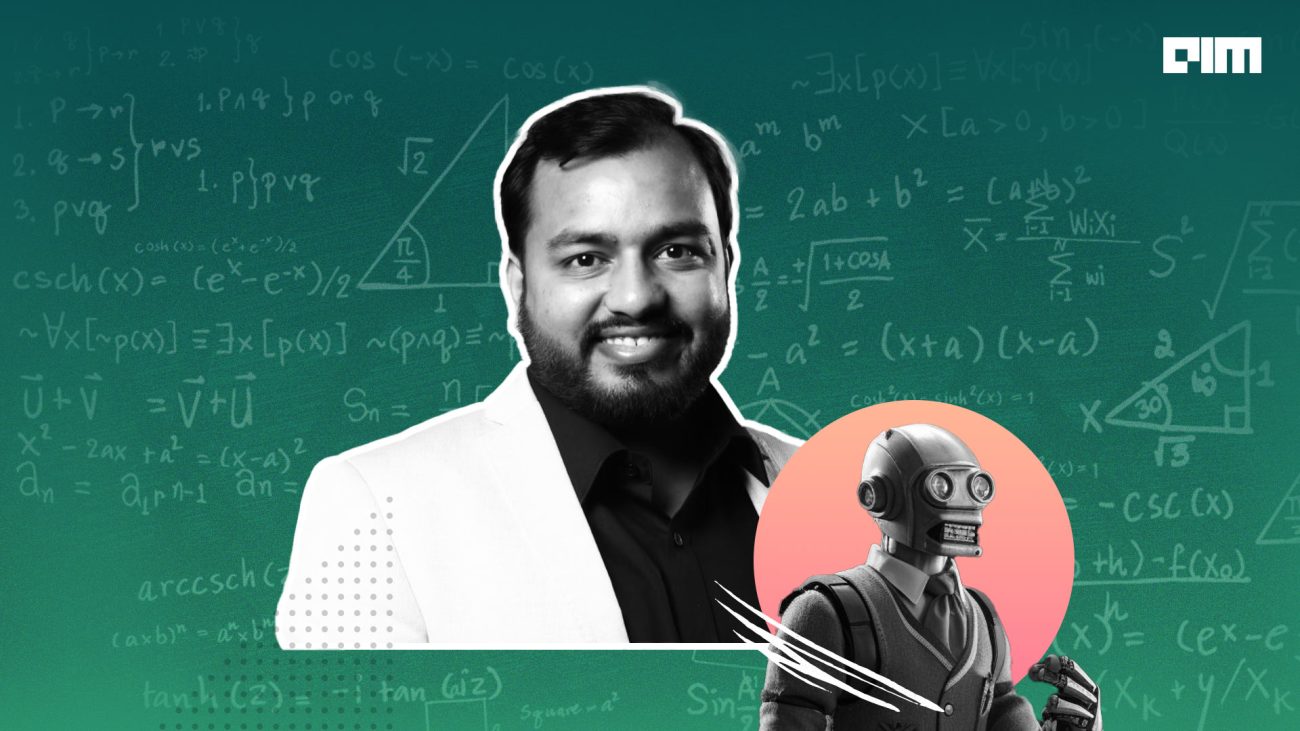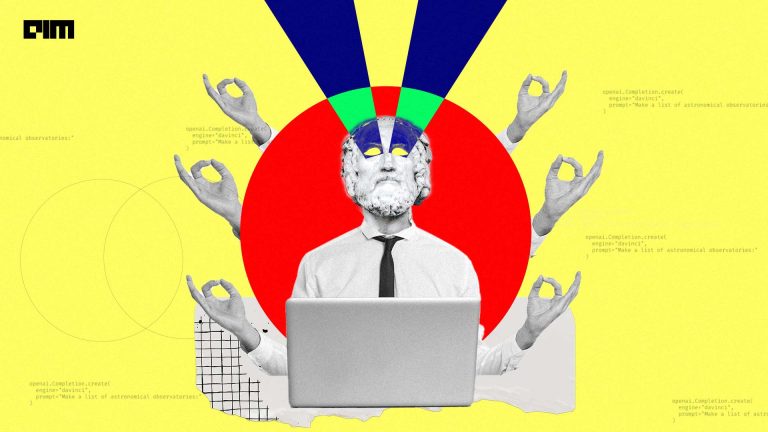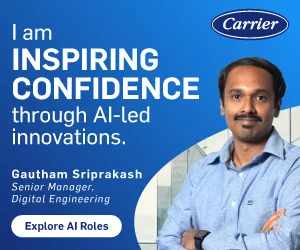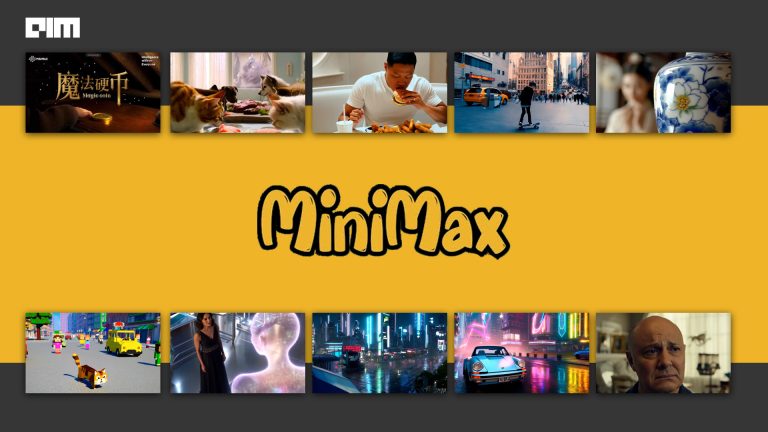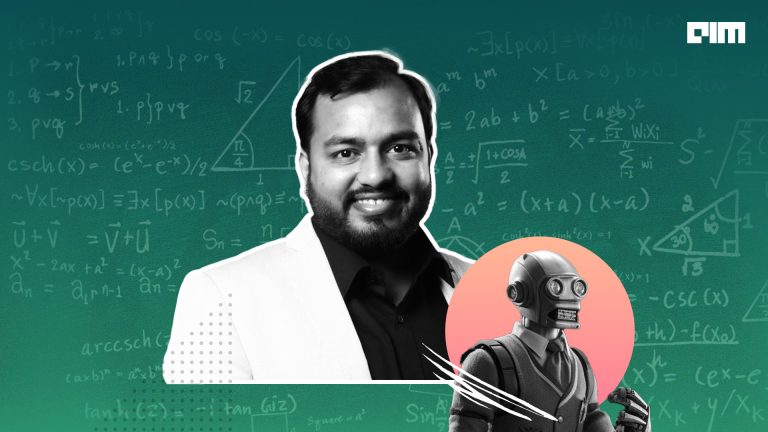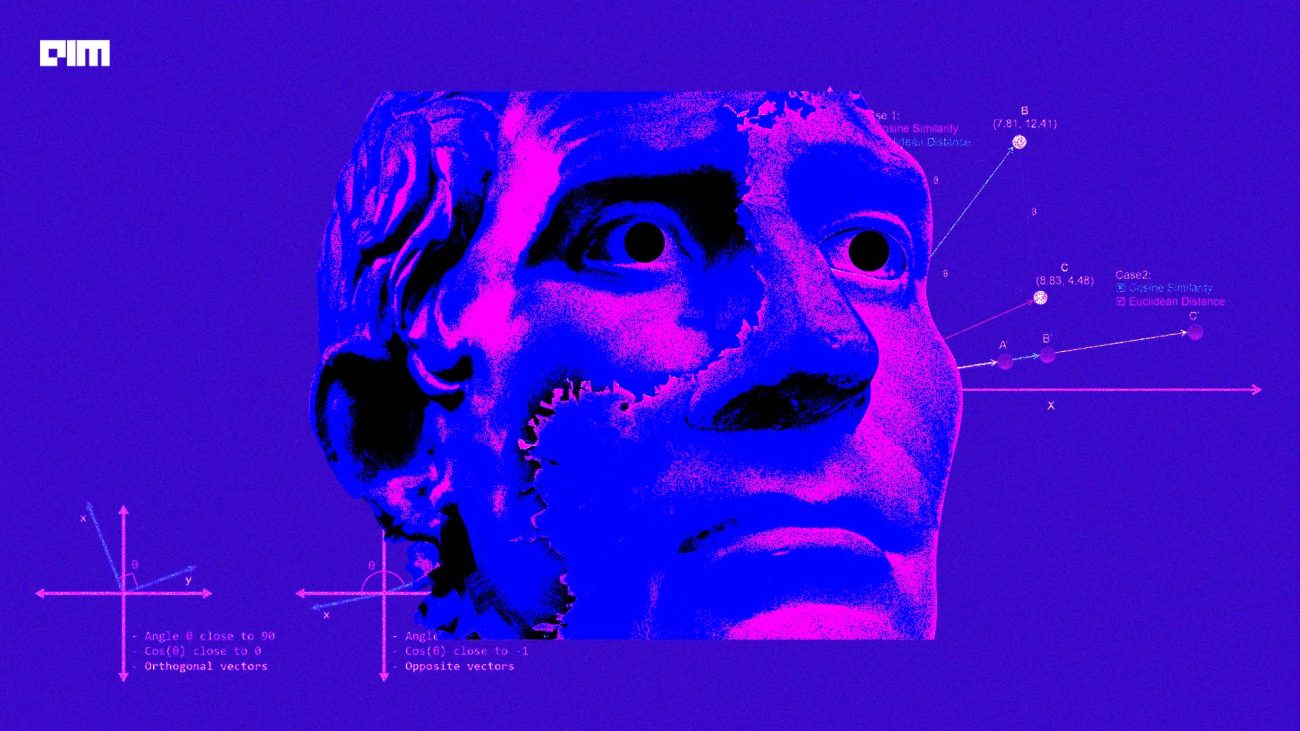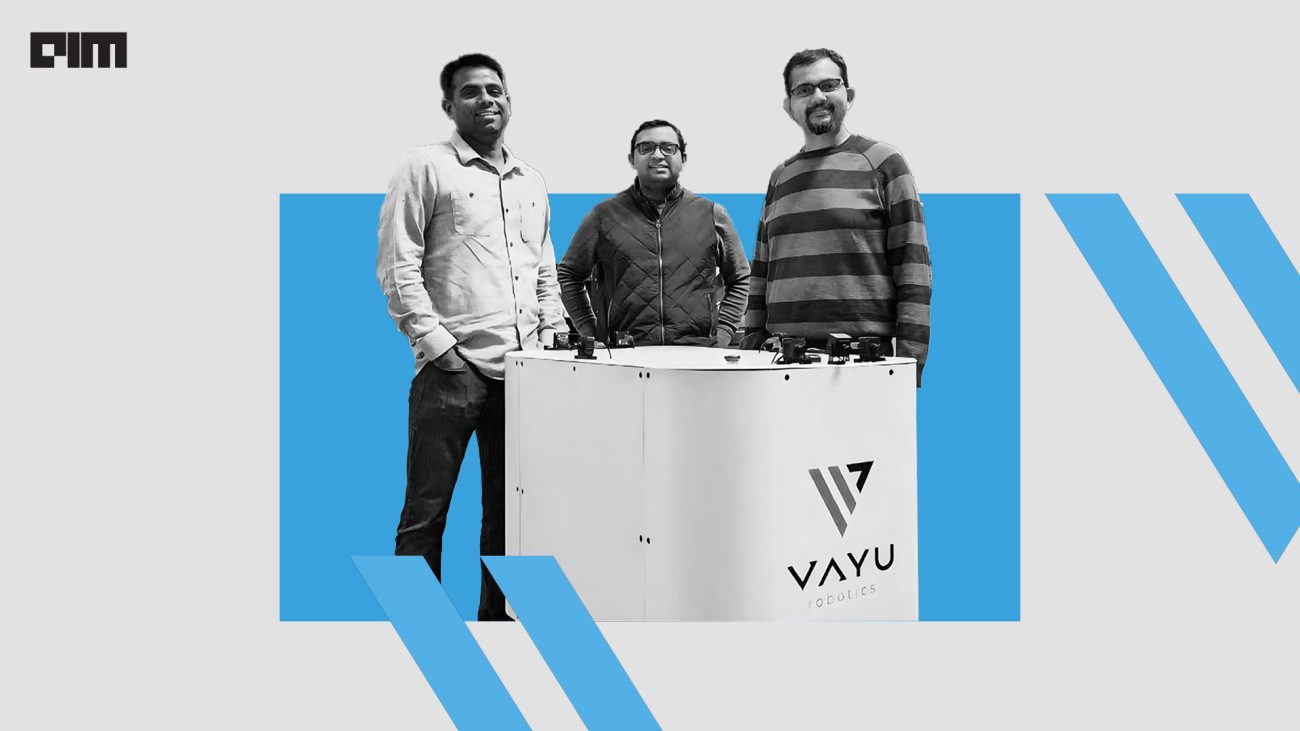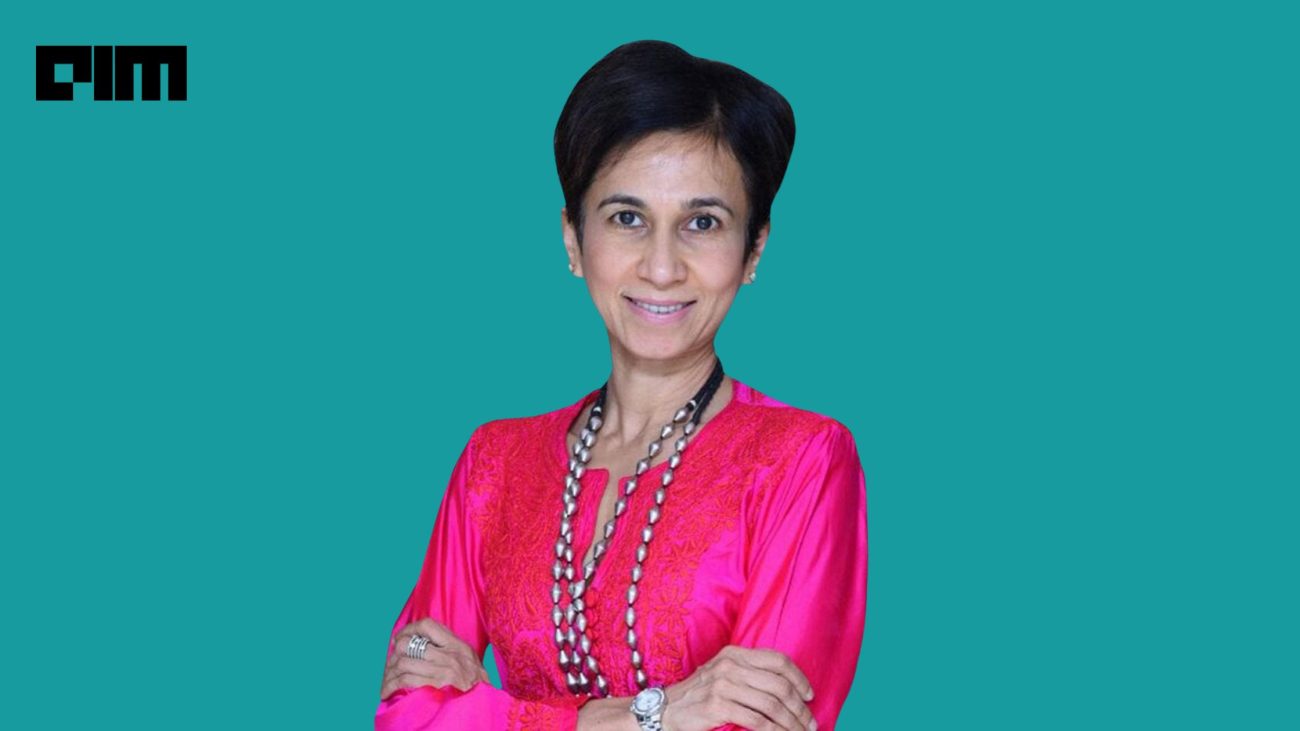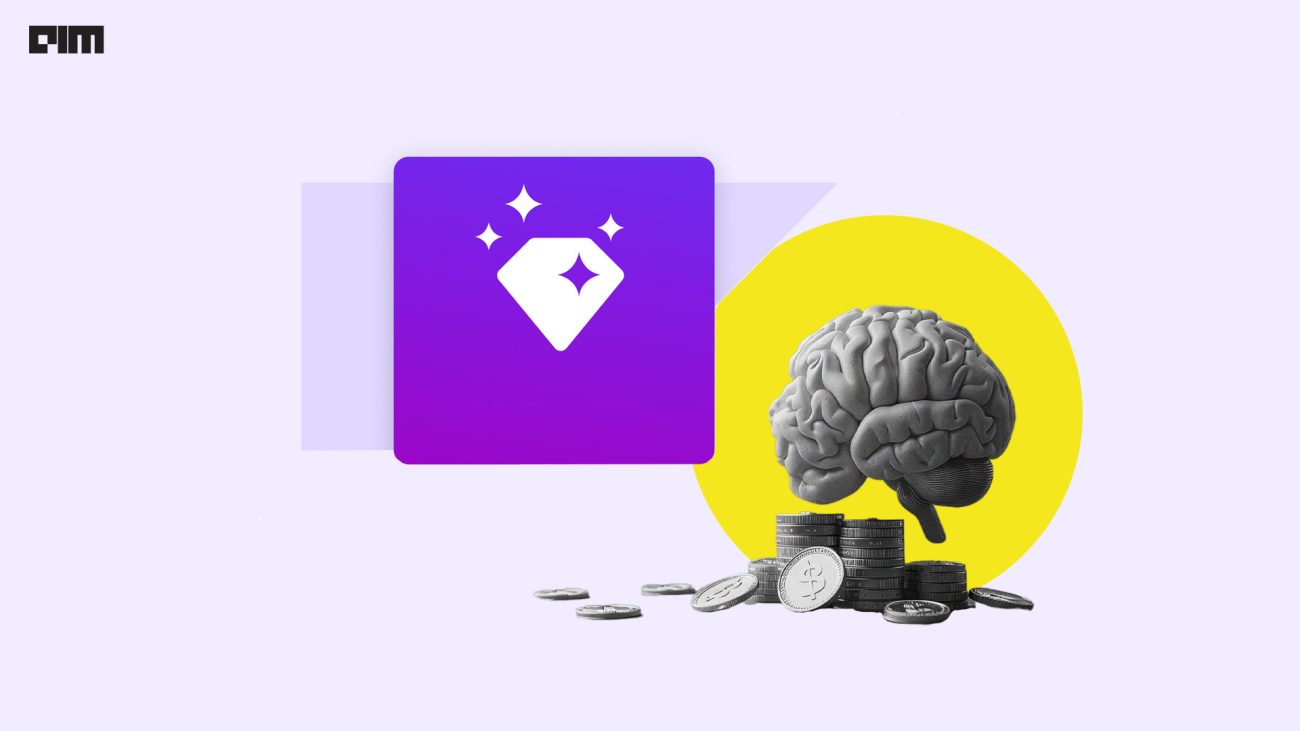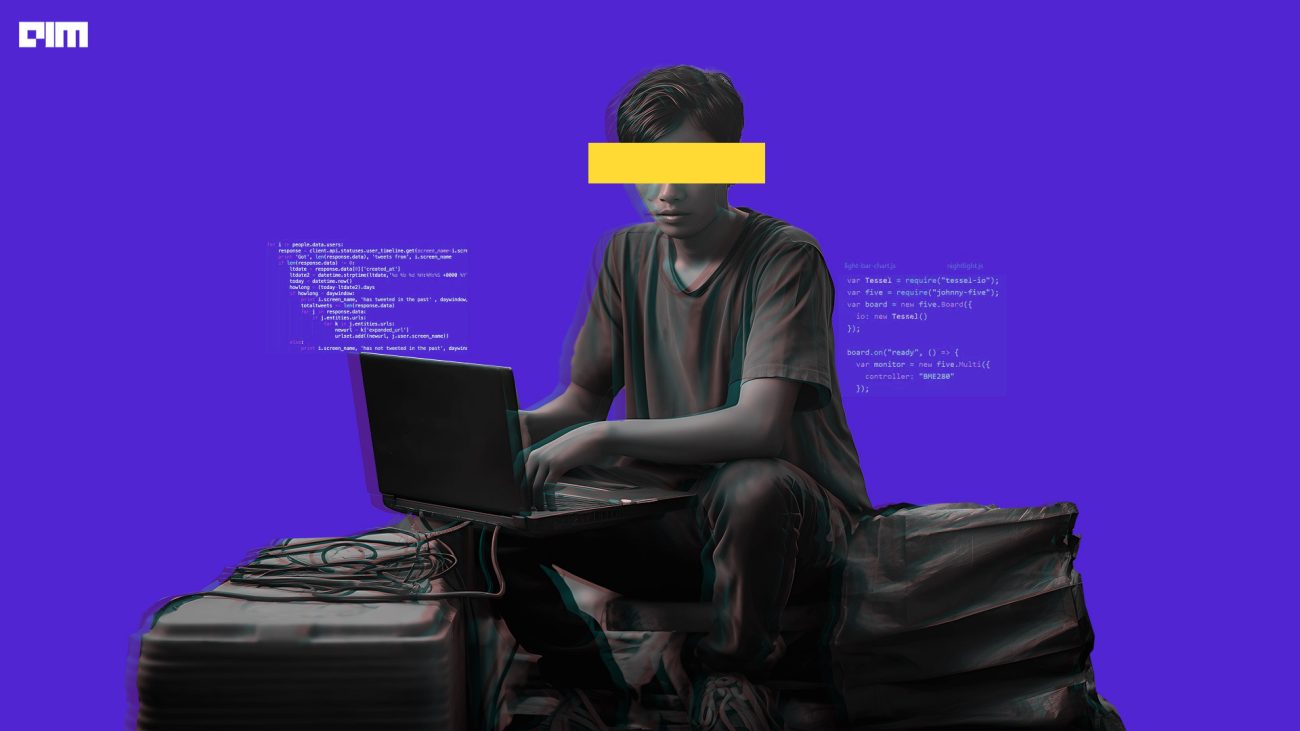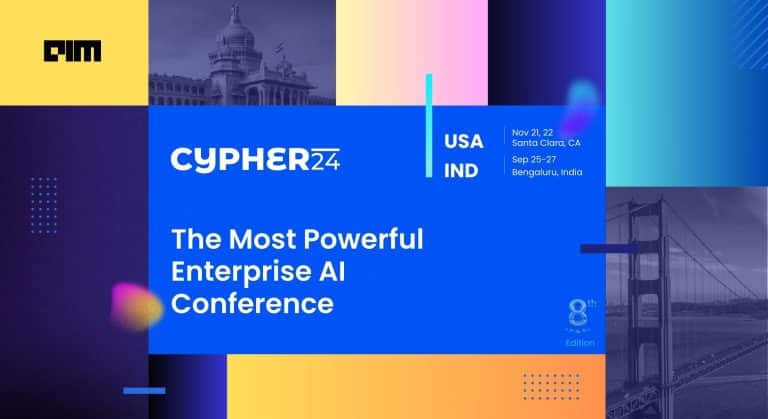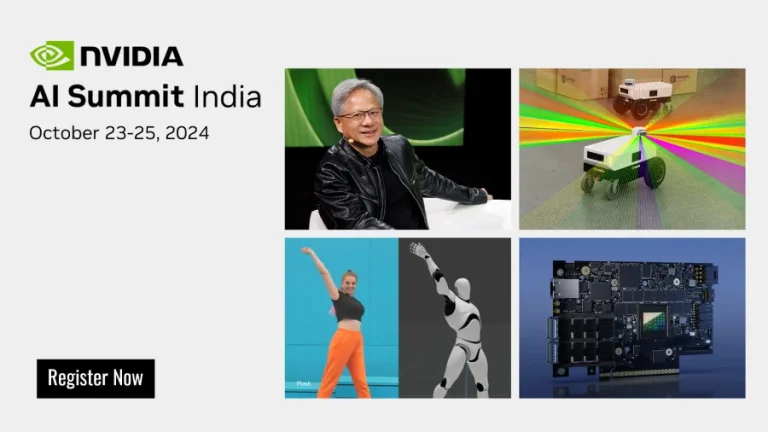|
Listen to this story
|
India’s ed-tech unicorn PhysicsWallah is using OpenAI’s GPT-4o to make education accessible to millions of students in India. Recently, the company launched a suite of AI products to ensure that students in Tier 2 & 3 cities can access high-quality education without depending solely on their enrolled institutions, as 85% of their enrollment comes from these areas.
Last year, AIM broke the news of PhysicsWallah introducing ‘Alakh AI’, its suite of generative AI tools, which was eventually launched at the end of December 2023. It quickly gained traction, amassing over 1.5 million users within two months of its release.
The suite comes with several products including AI Guru, Sahayak, and NCERT Pitara. “AI Guru is a 24/7 companion available to students, who can use it to ask about anything related to their academics, non-academic support, or more,” said Vineet Govil, CTPO of PhysicsWallah, in an exclusive interview with AIM.
He added that the tool is designed to assist students by acting as a tutor, helping with coursework, and providing personalised learning experiences. It also supports teachers by handling administrative tasks, allowing them to focus more on direct student interaction.
Govil further explained that students can ask questions in any form—voice or image—using a simple chat format. “It’s a multimodal.” He said that even if the lecture videos are long—about 30 minutes, 1 hour, or 2 hours—the AI tool will be able to identify the exact timestamp of the student’s query.
When discussing Sahayak, he explained that it offers adaptive practice, revision tools, and backlog clearance, enabling students to focus on specific subjects and chapters for a tailored learning experience.
“Think of Sahayak as a helper that assists students in creating study plans. Based on the student’s academic profile and the entrance exam they are preparing for, it offers suggestions on a possible plan to follow. It includes short and long videos, and a question bank,” said Govil.
On the other hand, NCERT Pitara uses generative AI to create questions from NCERT textbooks, including single choice, multiple choice, and fill-in-the-blank questions.
Moreover, PhysicsWallah has introduced a ‘Doubt Engine’ which can solve students’ doubts after class hours. These doubts can be either academic or non-academic.
“Academic doubts can be further divided into contextual and non-contextual. Contextual doubts are those that our system can understand, analyse, and respond to effectively. Non-contextual doubts are the ones where we are uncertain about the student’s thought process,” explained Govil.
He said that with the help of the slides that the teacher uses to teach and the lecture videos, their model is also able to answer non-contextual doubts. “Today, 85% of the doubts are solved in real time. Previously, it used to take 10 hours for doubts to be resolved by human subject-matter experts.”
The company has also launched an AI Grader for UPSC and CA aspirants who write subjective answers. Govil said that grading these answers is challenging due to the varying handwriting styles, but the company has successfully developed a tool to address this issue.
“Over a few months, we have done a lot of fine-tuning. Today, we are able to understand what a student is writing. At the same time, some students may use diagrams, and we are able to identify those as well,” said Govil.
The Underlying Tech
Govil said that they use OpenAI’s GPT-4o. Regarding the fine-tuning of the model, he said the company has nearly a million questions in their question bank. “We have over 20,000 videos in our repository that are being actively used as data,” he added.
On the technology front, he said that the company has developed its own layer using the RAG architecture. “And we have a vector database that allows us to provide responses based on our own context,” he said.
⭐️How Physics Wallah Uses LangChain, DataStax Astra DB, Vector Search and RAG to Revolutionize Education
— LangChain (@LangChainAI) April 15, 2024
Physics Wallah built an AI Guru – a personalized AI tutor application, to assist students with their academic and support queries.https://t.co/xu3uOAU91j pic.twitter.com/fnoz9DTtWF
PhysicsWallah built a multimodal AI bot powered by Astra DB Vector and LangChain in just 55 days.
Talking about the data resources for RAG, Govil said, “Our subject matter experts (SMEs) regularly update the data, including real-time current affairs and question banks. This continuous updating has helped us build a question bank with over a million entries.”
India's top ed-tech platform, PhysicsWallah, built a multimodal AI bot powered by Astra DB vector & LangChain — and they did it in just 55 days.
— Chet Kapoor (@ChetKapoor) November 8, 2023
With RAGStack, enterprises can build & deploy RAG-based applications without complexity.
Learn more: https://t.co/e5yHFdwCQM pic.twitter.com/PWZkGpEuDS
When asked about LLMs not being good at maths, Govil agreed and said “It’s a known problem that all the LLMs available today are not doing a great job when it comes to reasoning, and we are aware of it.”
“We are working with partners leading in the LLM space. At the same time, this is really an issue only for high-end applications. For day-to-day algebra and mathematical operations, they are performing well,” he added.
Alakh AI is Not Alone
OpenAI former co-founder Andrej Karpathy recently launched his own AI startup, Eureka Labs, an AI-native ed-tech company. Meanwhile, Khan Academy, in partnership with OpenAI, has developed an AI-powered teaching assistant called Khanmigo, which utilises OpenAI’s GPT-4.
Speaking of its global competitors, Govil said, “I won’t really like to compare [ourselves] with the others, but I can tell you that the kind of models we have, and the kind of responses and the skill at which we are operating, are not seen elsewhere.”
Moreover, recent reports indicate that Lightspeed Venture Partners will lead a $150 million funding round for PhysicsWallah at a valuation of $2.6 billion.
In conclusion, PhysicsWallah’s innovative suite of tools under the Alakh AI umbrella, which includes Sahayak, AI Guru, and the Doubt Engine, is set to reshape the ed-tech industry with its advanced features and real-time capabilities.



